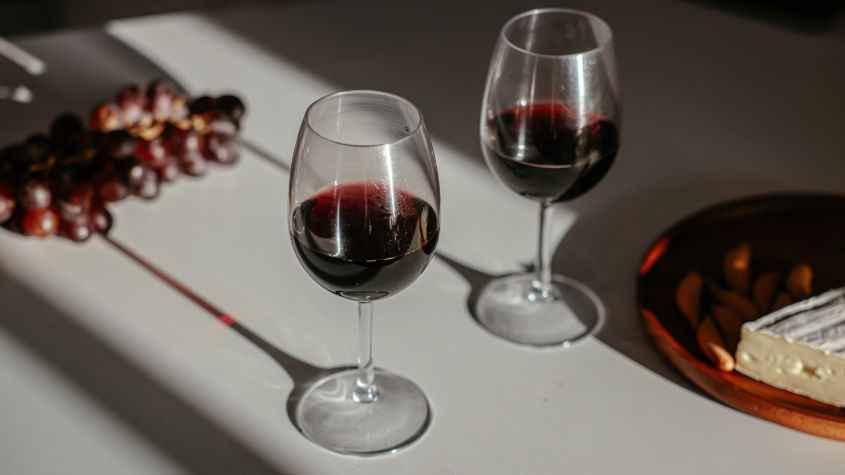Cart
Your cart is empty.
View cartimmune system
Beauty
Basics
Longevity
Sports & Energy
Stress & Exhaustion
Your cart is empty
Continue shopping
When it comes to healthy eating and a long, vital life, many people immediately think of the Mediterranean lifestyle. The lifestyle in Mediterranean regions, characterized by sun, sea and a balanced diet, is often a role model for health.
A typical Mediterranean diet is rich in healthy fats, antioxidants and low in saturated fats and processed foods. Even in more northern regions, this diet could bring health benefits to many people. Grapes, especially in the form of wine and juice, are an essential part of this diet.
One particular group of plant substances from grapes that is becoming increasingly popular as a dietary supplement are OPCs (oligomeric proanthocyanidins).
1. What is OPC?
2. What are the benefits of OPC and why should you take it?
3. Which OPC is the best?
4. OPC or Resveratrol - What's the difference?
5. Practical Use of OPC
The name OPC describes a group of plant substances that were first discovered in peanut skins in 1948. They belong to the group of polyphenols and flavonoids and have a strong antioxidant effect. Plants need OPC to protect themselves against various external dangers, such as UV radiation and predators.
OPCs (oligomeric proanthocyanidins) are found in leaves, fruit skins (as in peanuts and grapes) and bark. Grape extract is rich in proanthocyanidins and other secondary plant substances such as resveratrol.
OPC, like other antioxidants from plants, can protect our cells from damage that occurs as by-products of the following processes:
The stresses and strains of our everyday life cause the formation of free radicals. Plant antioxidants create an environment that fights these free radicals, keeping us fresh and vital. This is important because: if there is no neutralization of oxidation, oxidative stress gets out of hand and weakens our metabolism and our cells.
Antioxidants also prevent the risk of of damage to blood vessels, which can potentially prevent cardiovascular disease and high blood pressure[1].
A meta-analysis published in the Journal of the American Dietetic Association analyzed the results of research on the positive effects of grape seed extract on the cardiovascular system. The literature review found that grape seed extract can significantly reduce systolic blood pressure and heart rate[2].
The potential health benefits of OPC are limited by their poor solubility and therefore poor intestinal absorption[3].
Emulsions with other water-insoluble substances such as fats can theoretically improve the absorption of OPC. Liposomal OPC is a good solution to make OPC more bioavailable. The plant extract is encapsulated in the liposomes, which protects the plant subtance in the digestive tract and allows to enter the blood stream effectively.
The European Food Safety Authority EFSA does not set a maximum intake limit for OPCs.
OPC generally have a preventive or long-term effect and should, therefore, be taken up either through the regular diet or in rather small supplemented doses over a longer period of time. 100 - 300 mg daily are considered suitable.
In the liposomal variant, OPC can be taken daily, preferably on an empty stomach.
Leave a comment
This site is protected by hCaptcha and the hCaptcha Privacy Policy and Terms of Service apply.